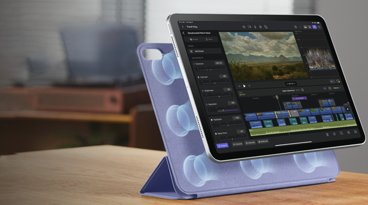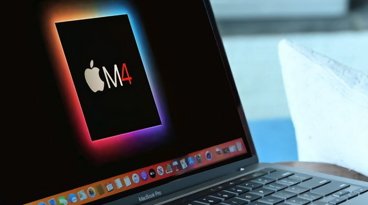Apple donates iPads for Oregon test program to help disabled voters
Oregon is pioneering the use of a new technology for voting: Apple's iPad, according to the Associated Press. Five counties will participate in a trial program for a special election on Tuesday using the iPads donated by Apple.
Election workers are taking the iPads and printers around to "parks, nursing homes and community centers" in search of voters who have difficulty with traditional paper ballots, the report said. Voters simply, call up the ballot, tap the screen to choose a candidate, then print it out. But, technically, citizens aren't using the iPad to actually vote, as they still need to print out the ballots and either drop them off at a ballot box or in the mail.
The custom iPad app, which cost the state $75,000 to develop, allows users to adjust the font size and colors and will read out candidates' names and instructions. For those with limited mobility, a "sip-and-puff" device can be attached to the iPad. Voters with their own Bluetooth-capable accessibility devices, such as joysticks and paddles, can also connect them to the iPads.
"It's a lot simpler for me. I think it's a great setup they got," said 75-year-old voter Lewis Crews after using the iPad to fill out and print a ballot.
Oregon voter Lewis Crews uses an iPad to generate his ballot. Credit: AP Photo/Rick Bowmer.
Should the state decides to implement the program across all counties, it will need at least 72 iPads, which would cost roughly $36,000.
Oregon's previous set up included modified laptops that required two suitcases, but the equipment had become long in the tooth. The state spent over $325,000 toward accessible voting tools in the most recent two-year budget cycle, the report noted.
However, some feel that the system's reliance on paper ballots is limiting to visually impaired voters, who would be unable to double-check their printed ballots.
"Any time you start using paper, then people who are blind can't see it, and they would then need assistance. That's what we're trying to get away from." said Curt Decker, director of the lobby group National Disability Rights Network. "People with disabilities should be able to vote independently and privately. That is our goal."
For its part, Apple has paid special attention to the accessibility features in iOS and the iPad. In September, Blind musician Steve Wonder recognized those efforts, thanking Apple co-founder Steve Jobs for making it so that "there's nothing on the iPhone or iPad that you can do that I can't do."
 Josh Ong
Josh Ong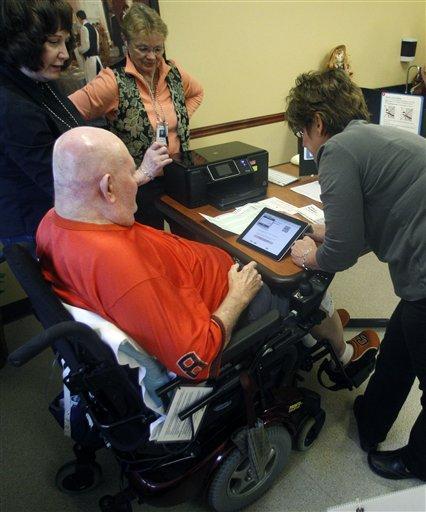


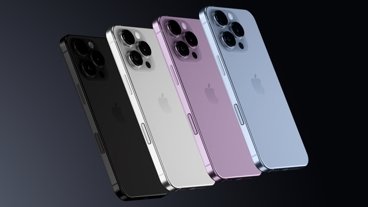
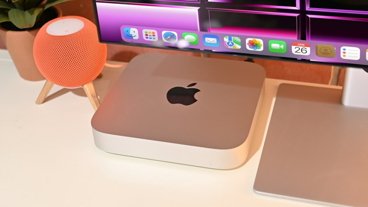






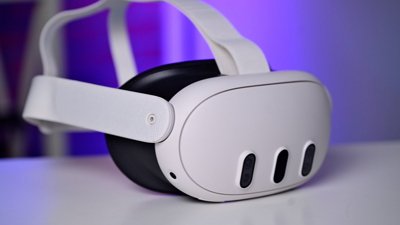
 Andrew Orr
Andrew Orr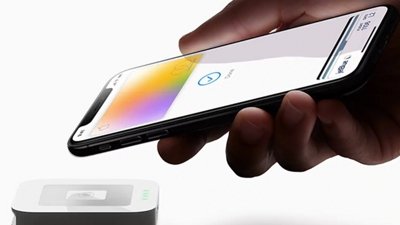
 Marko Zivkovic
Marko Zivkovic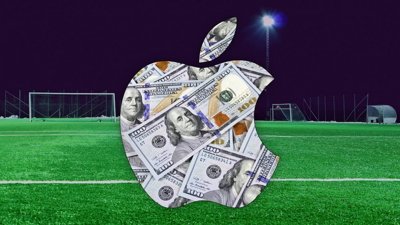
 Malcolm Owen
Malcolm Owen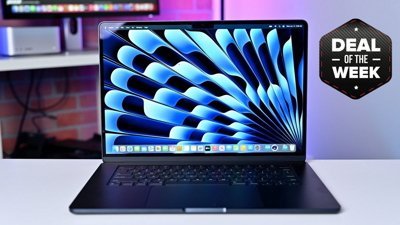
 Christine McKee
Christine McKee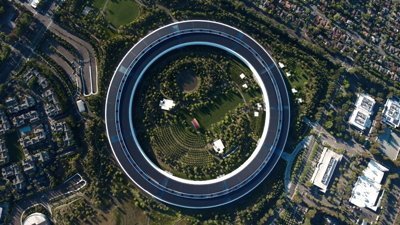
 William Gallagher
William Gallagher
 Andrew O'Hara
Andrew O'Hara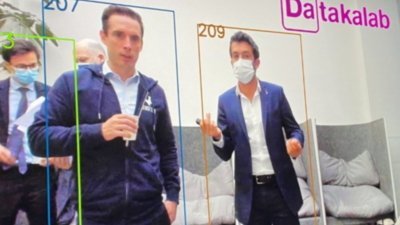

 Sponsored Content
Sponsored Content